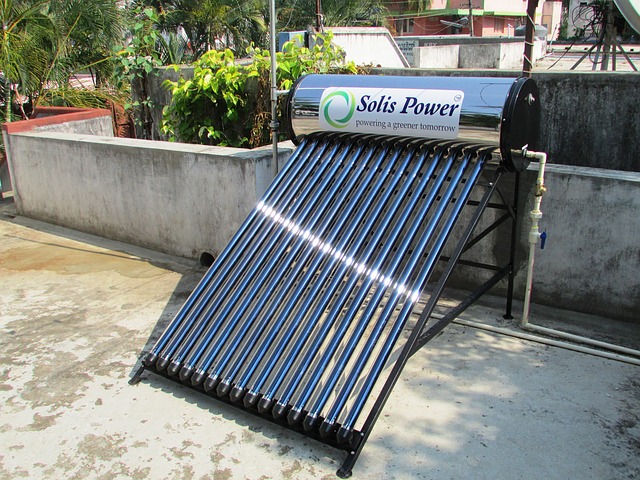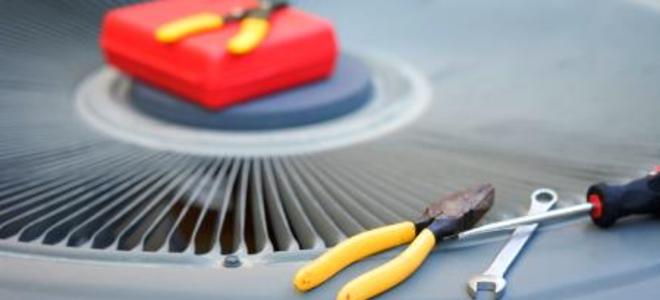INTRODUCTION
When you engage a water heater to warm your water, the time it takes to do so is dependent on several factors.
Consider the Size and Capacity of the Water Heater
The size and the capacity of the water heater is by far the most significant determinant of this time. Generally speaking, the low capacity water heaters take shorter to heat water compared to their large capacity counterparts. Newer and latest heaters also take shorter durations to achieve this end.
Factor the Types of Water Heaters
Water heaters come in diverse shades, sizes, and forms. Examples are tankless, solar, electric, and gas, to mention but a few! These variations determine, to a large extent the speed with which they might heat your water.
Gas heaters take shorter to heat the waters owing to the very hot flames they exude. Electric heaters, on the other hand, take the longest duration of time to achieve this feat. The electric elements yield lower temperatures. Lastly, comes the solar heaters.

Computing the Time Taken
As explained above, the actual time taken to heat water is dependent on two main factors. These are the size and capacity of the heaters and the exact types. To arrive at the exact time, you have to compute it using the following formula:
You will first and foremost determine how long you intend to spend showering. Then, you will go ahead to determine how much water is available in the tank or heating equipment. You should subtract those minutes of hot water that remain at the end of the showering duration. Go ahead to multiply the difference by 4.3 for electric heater and 1.9 for the gas counterpart.
Alternatively, you may also determine the total available minutes of your tank’s hot water. Deduct the number of minutes which the last person spent while utilizing the hot water.
Be Mindful of the Sediment Buildup Too!
With time, some sediments are likely to get deposited in the tank. If and when they accumulate, they tend to interfere with the heating elements. This again has the impact of shoring up the time taken to heat the water.
It is hence a wise idea to check for the accumulation of these sediments from time to time. Do dredge the heater to get rid of these sediments. In this way, you shall shore up the efficiency of the heater as a whole.
CONCLUSION
Having received the insight you badly need to make good use of your water heater, what more do you expect from us? We are confident that you can now go ahead to make good use of your water heating installations. Bring in an expert to your rescue if you happen to get stuck along the way.





